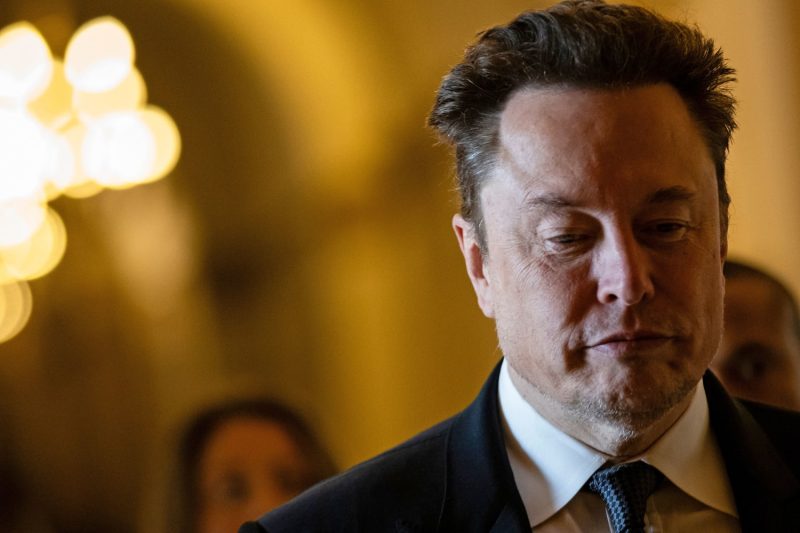
Elon Musk’s X and Starlink: Facing Nearly $1 Million Daily Fines for Allegedly Flouting Ban in Brazil
Elon Musk’s SpaceX and Starlink Face Nearly $1 Million in Daily Fines for Allegedly Evading Ban in Brazil
The world of space exploration and satellite technology has always been a fascinating and rapidly-evolving field. And in recent times, the billionaire entrepreneur Elon Musk has been at the forefront of this industry with his companies SpaceX and Starlink. However, even a visionary like Musk is not immune to controversy and legal challenges, as demonstrated by the recent developments in Brazil.
According to reports, SpaceX and Starlink are facing nearly $1 million in daily fines in Brazil for allegedly evading a ban on satellite launches in the country. The National Telecommunications Agency (Anatel) of Brazil claims that SpaceX and Starlink have been operating without the necessary authorization, violating Brazilian laws and regulations.
This case has brought to light the complexities of international regulations and the challenges that arise when dealing with cutting-edge technologies like satellite launches. The dispute between the Brazilian government and SpaceX raises important questions about sovereignty, legal compliance, and the balance between innovation and regulation.
SpaceX and Starlink have been pioneering the deployment of satellite internet services worldwide, with the goal of providing high-speed internet access to underserved and remote areas. This initiative has the potential to revolutionize global connectivity and bridge the digital divide. However, as with any disruptive technology, it also poses regulatory challenges and geopolitical implications.
One of the key issues at the heart of this dispute is the clash between national sovereignty and the desire for global connectivity. While SpaceX aims to provide internet services on a global scale, it must navigate a complex web of regulations and permissions in each country where it operates. The case of Brazil exemplifies the difficulties that arise when a cutting-edge technology like satellite launches intersects with traditional legal frameworks.
Moreover, the fines imposed on SpaceX and Starlink highlight the importance of compliance with local laws and regulations. Even a company as innovative and influential as SpaceX must adhere to the rules of the countries in which it operates. This case serves as a reminder that technological progress must be accompanied by legal responsibility and accountability.
In conclusion, the legal dispute between SpaceX and the Brazilian government underscores the challenges faced by companies at the forefront of space exploration and satellite technology. While innovations like Starlink have the potential to transform the way we connect and communicate, they also raise complex legal, regulatory, and geopolitical issues. As we look to the future of space exploration and internet connectivity, it is essential that we find a balance between innovation and compliance with the rule of law. Only by addressing these challenges thoughtfully and responsibly can we fully realize the transformative potential of technologies like Starlink.
